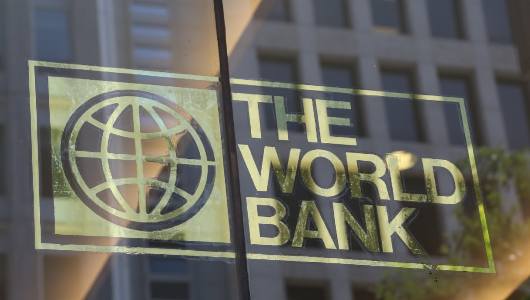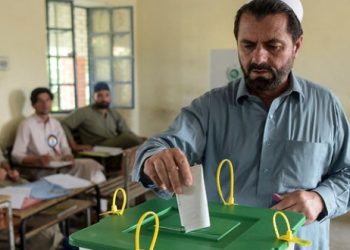ISLAMABAD: The World Bank has advised Pakistan to impose taxes on the agricultural and real estate sectors, and it has proposed merging the thresholds for the salaried and non-salaried classes to create a progressive Personal Income Tax (PIT) system.
The financial institution has estimated that implementing taxes on agricultural income and properties could potentially generate 3% of the GDP in annual tax revenue, which equates to slightly over Rs3 trillion.
The World Bank is also anticipating approval of $350 million for Pakistan under RISE-II from its Executive Board, although a meeting date has not been confirmed yet.
Currently, the annual salaried income threshold is Rs600,000, exempt from taxation, while the exemption limit for non-salaried income stands at Rs400,000 per annum.
Tobias Haque, the World Bank’s lead economist in Pakistan, stated during a briefing with a select group of reporters alongside WB’s Country Director Najy Benhassine, “Pakistan faces a challenging fiscal deficit that is unsustainable. To address this, a combination of measures is needed to increase revenues and reduce expenditures. We recommend taxing the wealthy while safeguarding the poor.”
“We suggest simplifying Pakistan’s income tax structure, including aligning it for both salaried and non-salaried individuals to ensure progressivity. The World Bank does not propose reducing the current nominal threshold.”
Haque also addressed the question of whether the World Bank recommended the same income tax structure for both salaried and non-salaried individuals, supporting the idea but emphasizing that the change should be phased in over time as part of a broader tax reform, with the burden primarily on higher income groups.
The economist explained that the World Bank has proposed a comprehensive tax package and expenditure reforms to address the unsustainable fiscal deficits. He stressed that protecting the poor during the reform process is a priority, achieved by increasing social protection expenditures.
Haque outlined that the reforms should include reducing subsidy expenditure, eliminating regressive tax exemptions, and increasing taxation on high-income earners, including improvements in taxing agriculture, property, and retail sectors. He emphasized that the reform should enhance the progressivity of the tax system.
Regarding a query about whether the World Bank recommended lowering the current exemption threshold for income tax on salaried workers earning below the existing Rs50,000 monthly threshold, Haque clarified, “No. The World Bank certainly does not recommend reducing the current nominal threshold. Our recommendation is to simplify Pakistan’s income tax structure, align it for both salaried and non-salaried individuals, while ensuring progressivity.”
(Islamabad51_Newsdesk)














